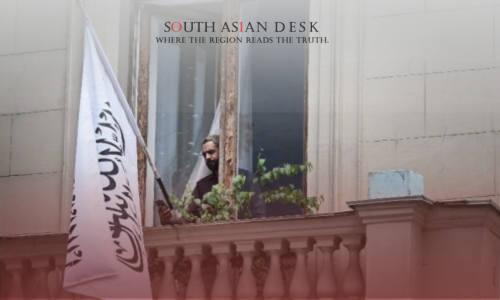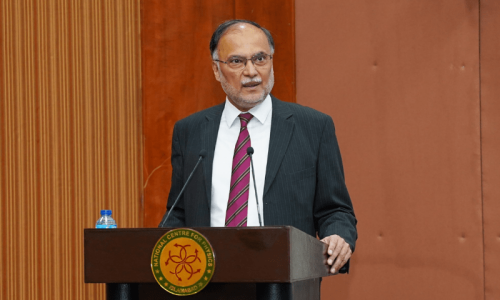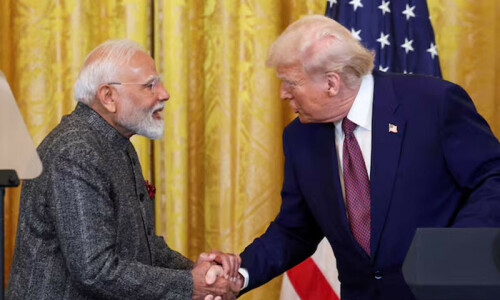Russia’s recent decision to formally recognize the Taliban as Afghanistan’s governing authority has sparked mixed reactions among Afghans. The move, marking Russia as the first country to grant such recognition, has stirred both optimism and concern across the nation.
For some Afghans, the decision signals potential economic opportunities. They hope Russia’s backing could lead to increased trade, investment, and international support, offering relief to Afghanistan’s struggling economy. Many see this as a step toward stabilizing the country, which has faced significant challenges since the Taliban’s return to power in 2021.
However, others view the recognition as a setback for human rights, particularly for Afghan women. Critics argue that legitimizing the Taliban government overlooks its restrictive policies, including severe limitations on women’s education and employment. Exiled Afghans and human rights advocates have expressed disappointment, calling the move a betrayal of the country’s aspirations for freedom and equality. They fear it may embolden the Taliban to maintain or intensify their current governance approach.
The decision has also raised questions about its broader implications. Some Afghans worry that Russia’s support could shift regional dynamics, potentially isolating Afghanistan from other nations hesitant to engage with the Taliban. Meanwhile, others remain cautiously hopeful that this could open doors to dialogue with the international community, encouraging more pragmatic governance.
As Afghanistan navigates this complex development, the divide in public sentiment reflects the delicate balance between economic needs and the pursuit of human rights. The coming months will likely reveal how Russia’s recognition shapes Afghanistan’s path forward.
Published in SouthAsianDesk, July 6th, 2025
Follow SouthAsianDesk on X, Instagram and Facebook for insights on business and current affairs from across South Asia.




![Collage of COAS Field Marshal Munir [L] and US President Donald Trump. — ISPR/AFP](https://southasiandesk.com/wp-content/uploads/2025/06/18090415659519a-2.jpg)